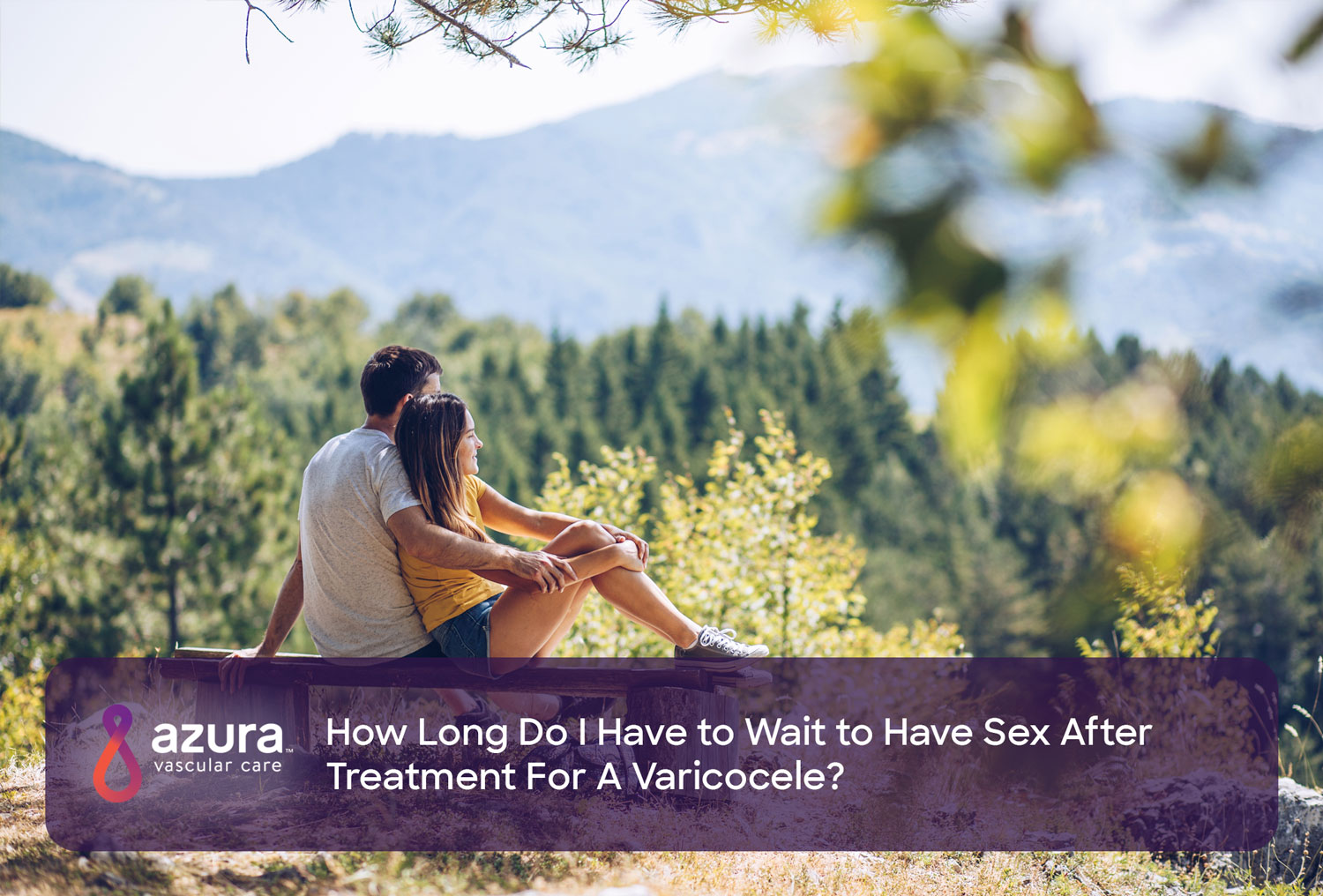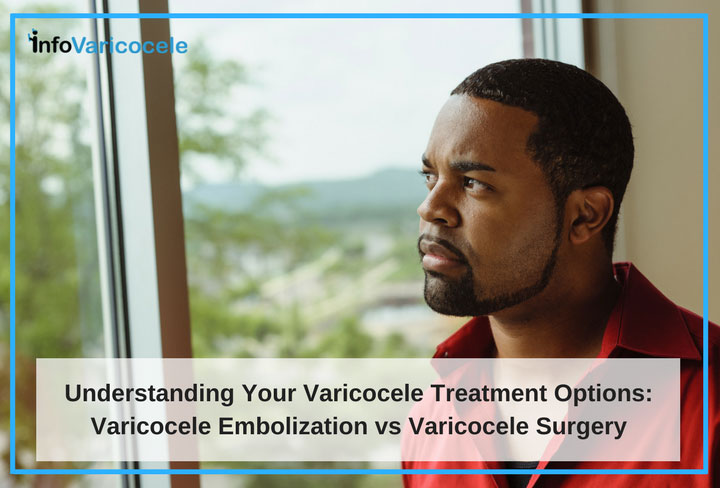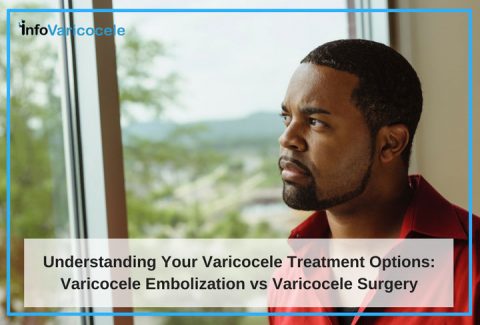
A varicocele is the abnormal enlargement of veins within your scrotum, similar to varicose veins of the legs that can, but not always, cause pain, infertility and testicular atrophy (shrinkage of the testicles). Approximately 10 percent of all men have varicoceles, and while they affect men of all ages, varicoceles are most prevalent in men between the ages of 15-35. Among infertile couples, nearly 30 percent of men have varicoceles.
If you have been diagnosed with a varicocele, look no further. These articles are “must-reads” if you are considering varicocele treatment. Here are five of our most frequently read articles along with a brief description of what made them interesting and relevant to our readers.
1. How Long Do I Have to Wait to Have Sex After Treatment for a Varicocele?

Have you been diagnosed with a varicocele? If so, you may be wondering if it’s safe to have sex after varicocele surgery, and how that waiting time compares to the wait time to have sex after varicocele embolization. With varicocele surgery, it is best to abstain from sex for three weeks after surgery. Sexual intercourse is generally permitted one to two weeks after the varicocele embolization procedure. Your sexual function should not differ following either procedure and sex should not be painful.
2. Varicocele Embolization vs. Varicocele Surgery

In the past, there was no alternative to surgery for men suffering from varicose veins of the scrotum. Presently, there are surgical options that include open surgery, microsurgery and laparoscopic surgery. In addition to these surgical methods, there is a minimally invasive embolization option that only requires local anesthesia. There are many notable differences between the surgical and minimally invasive treatment options. Click the link above to learn more about your varicocele treatment options.
3. Your Guide to Understanding Everything About Varicocele Surgery

Approximately 15 percent of the male population suffers from varicoceles—a condition that may cause sustained pain and discomfort in the scrotum. While most men with a varicocele have surgery to correct the problem, there are alternative varicocele treatment options available as well. It is important that you know how to prepare for varicocele surgery, develop an understanding of what happens during surgery and become aware of the recovery process following the procedure. Read more to learn about the risks and success rates associated with varicocele surgery.
4. Varicocele Recurrence After Surgery: What Are My Treatment Options?

We understand you are disappointed to realize your varicocele has returned after surgery. One in 10 men who undergo a surgical procedure to treat their varicocele will have a recurrence, and 15 percent of men who undergo surgery for varicocele report insignificant relief in symptoms. Varicocele treatment without surgery, also known as varicocele embolization, is an alternative to a second surgery. Click the above link to learn more about your varicocele treatment options.
5. What Are the Top Varicocele Surgery Risks I Should Be Aware Of?

If you’ve been diagnosed with a varicocele, you may be wondering if surgery is the right and only treatment option for you. The most common risks associated with varicocele surgery include hydrocele, injury to your artery and anesthesia complications. Continue reading to learn about surgery risks associated with varicocele treatment options.
In order to make an informed decision about the best varicocele treatment for your situation, you must weigh the benefits and risks of each available option. If an effective minimally invasive procedure is of interest to you, find out if you are a good candidate for varicocele embolization by requesting a consultation with one of our vascular specialists today.



